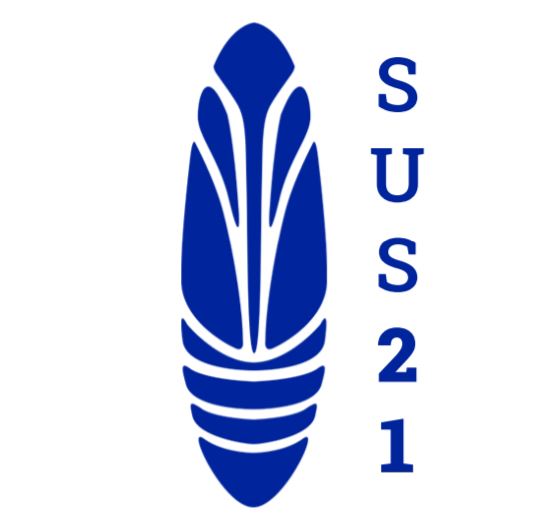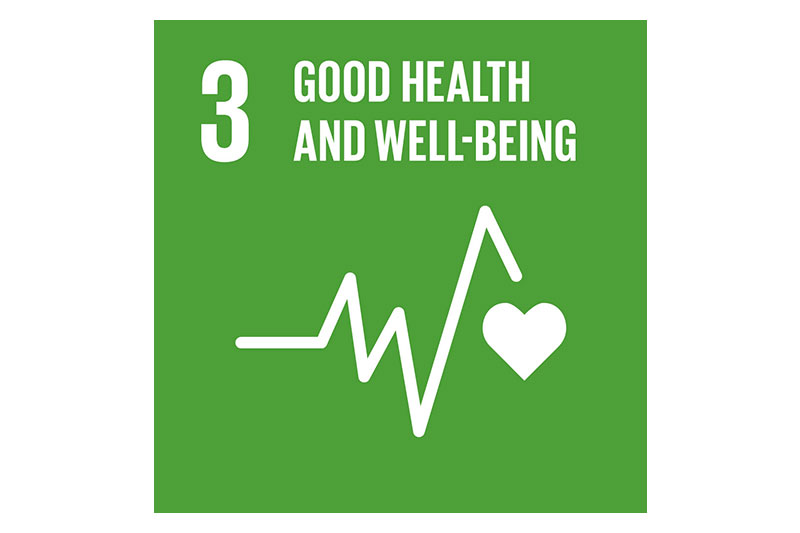Adult education promoting sustainable development
Leader: University of Easten Finland
This Intellectual Output is linked to the Agenda 2030 Goal 4: Ensure inclusive and Equitable quality education and promote Lifelong learning opportunities for all.
Within this Intellectual Output, the University of Eastern Finland will plan a formal University course titled “Adult education promoting sustainable development”. Within the course we will view the possibilities that adult education has in promoting social and cultural sustainability. According to the connected Goal 4 we will also view, how equitable and inclusive quality education as well as lifelong learning opportunities for all could and are promoted in adult education. In the planning work the following concepts are central:
– Agency – Inclusiveness (including gender, age, religion, economic status etc.)
– Critical reflection
– Transformational learning
– The method of service-learning (The societal mission of universities)
The course will be run as a MOOC (Massive Open Online Course) and will be freely accessible for all. It will also be part of the official curriculum in the School of Educational Sciences and Psychology. From the same raw material, UEF will design an educational module for the primary target groups of the planned project. The needs of the secondary target groups will be acknowledged through the planning process.
Older adults are acknowledged during planning and implementation of this intellectual output in three levels. First, in societal level – Finnish universities are committed in promoting lifelong learning. The course being a MOOC guarantees that people of all ages can access the course. Second, in content level: the concepts of social and cultural sustainability will be considered from the viewpoint of inclusiveness. How can people from different backgrounds (gender, education, financial status, age, religion etc.) be included in the functions of society? Through the method of service-learning university students can get to know scientific literature in the field of gerontology combined with interaction with people from different generations.
This process helps students to deconstruct and reconstruct images, beliefs and paradigms about older adults (Cohen, Hatchett & Eastridge 2006, 161). Third, in the methodological level: in all stages of planning, accessibility will be considered. People of different ages as well as the disabled and other groups that benefit from accessible material are seen as active participants of the society and are acknowledged throughout the design of the intellectual output.
This intellectual output will be a modern and innovative combination of formal and non-formal adult education. The high-quality teaching from the University of Eastern Finland will be applied into non-formal context guaranteeing a high standard of education. As a MOOC as well as part of the study program in UEF, the course will continue having an impact both in Finnish and international students and professional.

